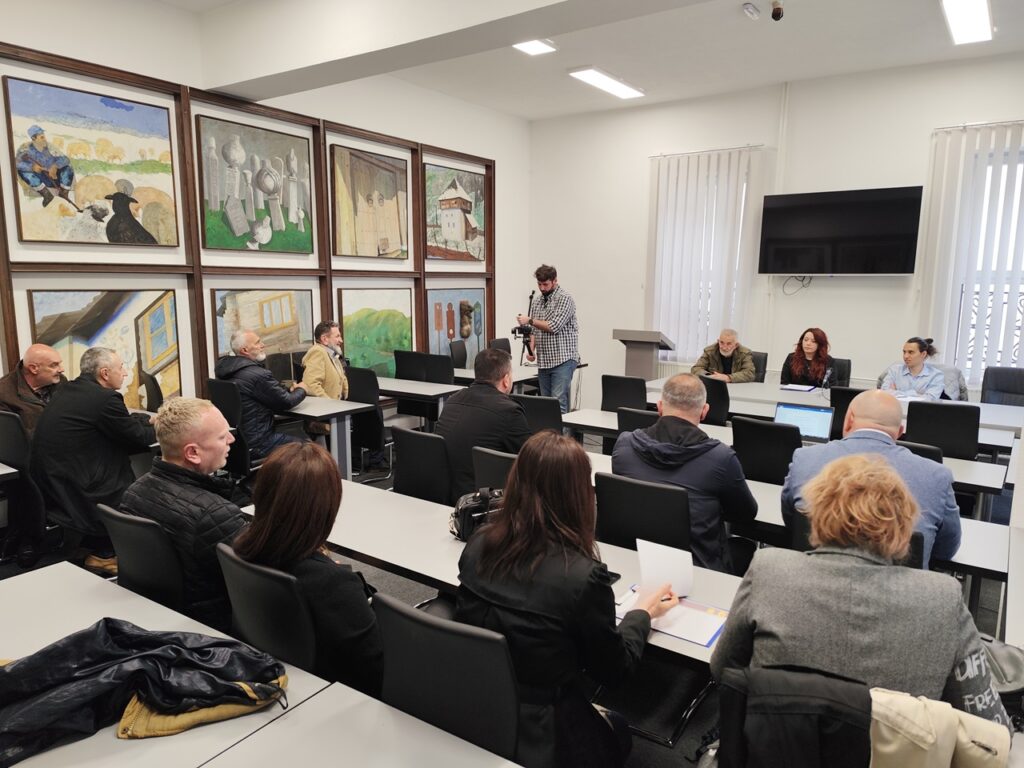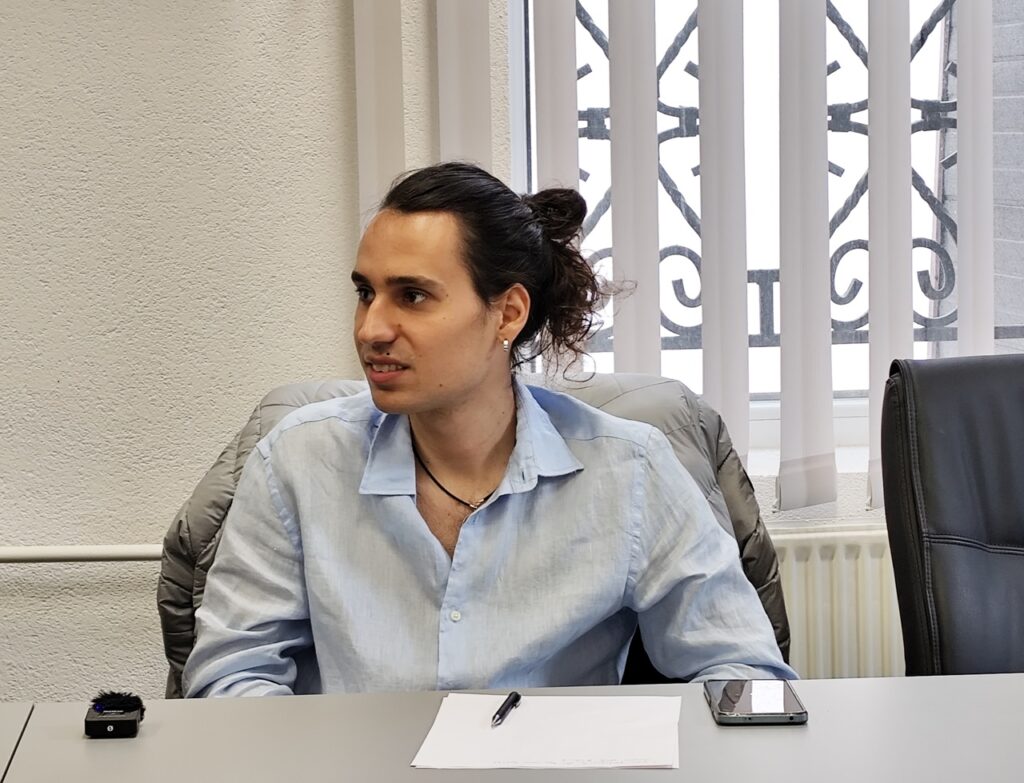“Rožaje is a multiethnic and multicultural community, and the credit for that belongs to the people of Rožaje. Looking at it more broadly, the government should create policies that contribute to these values taking root completely and everywhere, primarily through educational institutions and programmes that will encourage respect and understanding that differences are not that significant,” was the message conveyed today at a public forum on interculturalism organized by the Centre for Civic Education (CCE) at the Cultural Center Rožaje.
Dušan Pajović, writer and activist, believes that there are many different opinions on what kind of state we need, but that consensus is lacking. “Decision-makers do not have a vision for the development of social reality, but narrow party and individual interests. We must break free from the expectations from those in positions of power and organize ourselves into collectives, while simultaneously pressuring officials to work towards societal betterment,” Pajović emphasized. “The current vision of the Government and so-called Montenegrin political elite is something they call traditional Montenegro. I urge everyone to consider – what does traditional Montenegro mean to us individually? To these politicians, it means celebrating the crimes in Štrpci and the Dubrovnik shelling, while to me personally, it means avoiding political games and vindictiveness, conflicts, clericalism, and fascism,” Pajović stated. He believes that the education system does not nurture critical thinking or align with the contemporary needs of students. “Education is the path to the future, and currently, that future looks bleak,” Pajović concluded.
Zlatko Tutić, journalist and publicist, noted that minority peoples in Montenegro had a golden age from 2006 to 2020, noting that divisions were less felt or kept under control during that time. “After the change of government, there was a disruption of the multicultural concept that existed and exists today, but changed by the emergence of new political options,” Tutuć believes. Dialogue about a multi-ethnic state in its full capacity, in his opinion, implies coexistence and dialogue. “Ethnic distance has long existed, and will always exist to some extent. However, we cannot speak of a multicultural state if, for example, there is a fresco in every office of the Clinical Center of Montenegro and no one asks the minority people if it bothers them, even though all this is done with their money as well. Today, in Montenegro, the majority people will describe me first as a Muslim, which is not the primary definition of people, because when you talk about someone, you talk first about the person. Despite this pessimistic picture, I believe that young people will have the power to change society,” Tutić said.
The objective of the series of forums on interculturalism, which will also be organized in Ulcinj and Cetinje, is to strengthen dialogue and exchange perspectives among institutions, civil society, media, and citizens in different parts of Montenegro, in order to identify key challenges and needs in the development of interculturalism.
The forum is organized as part of the project “Bridges of Multiculturalism through Museum Education” implemented by CCE with the support of the Ministry of Human and Minority Rights.
Maja Marinović, Programme Associate



